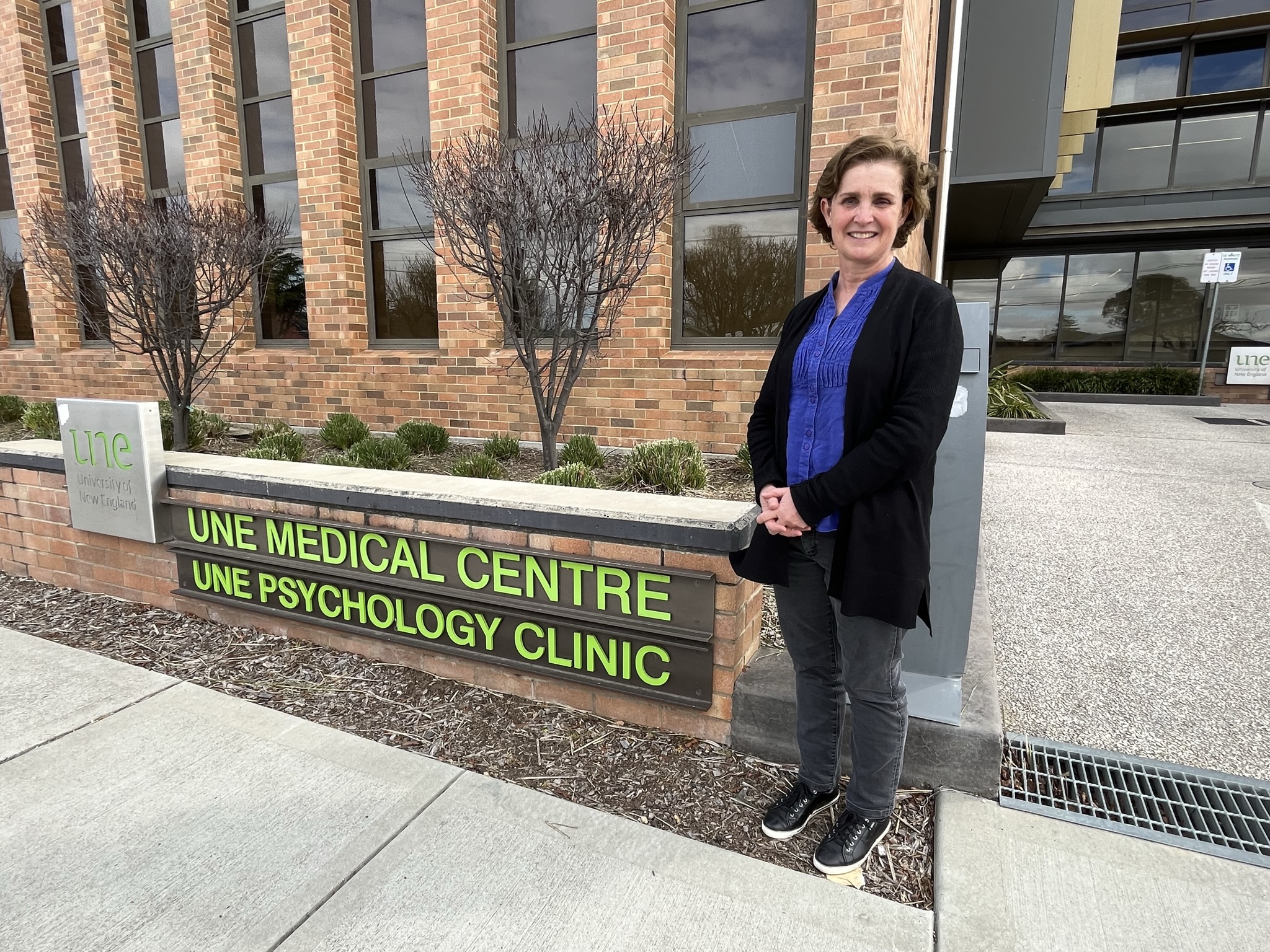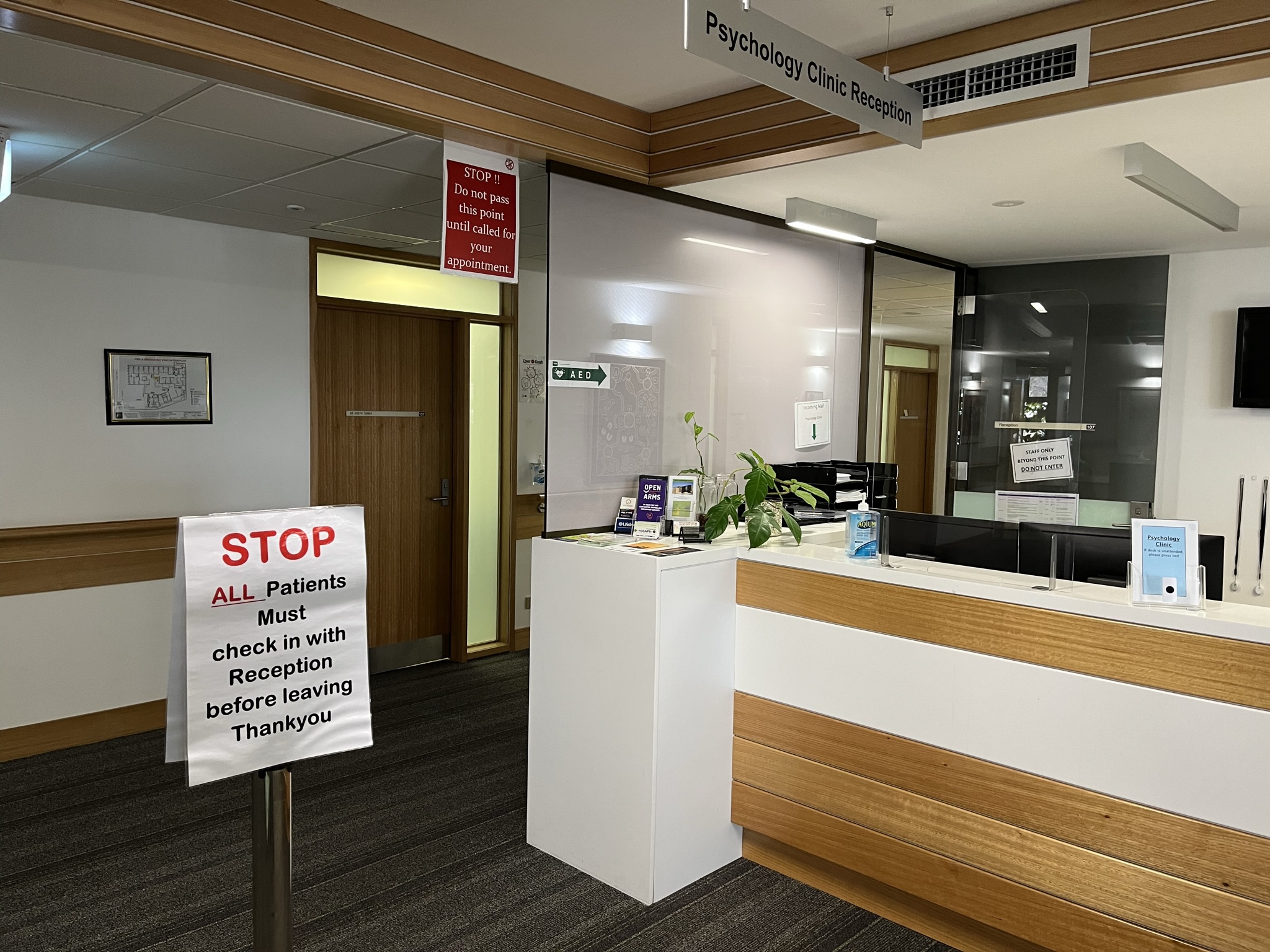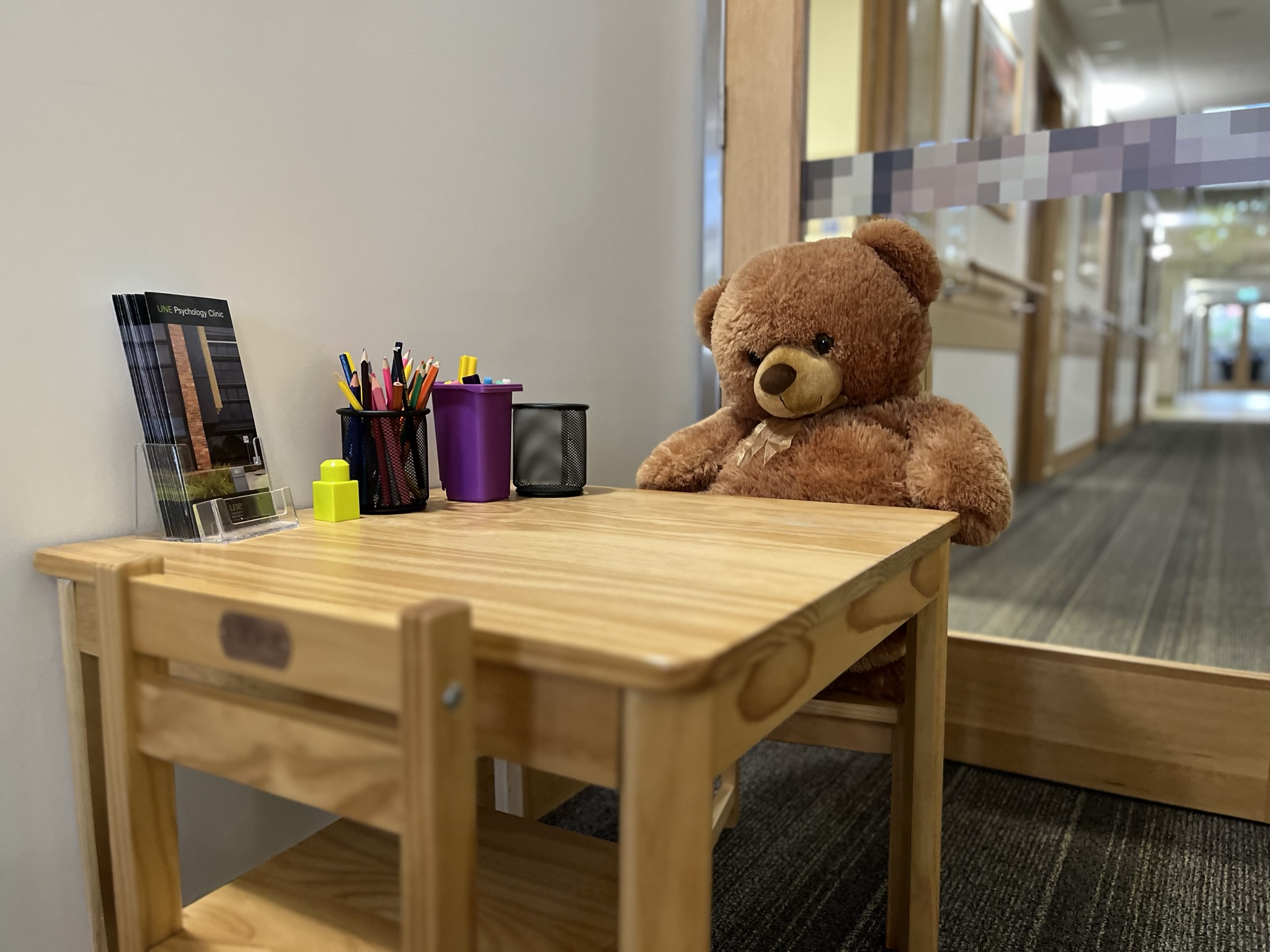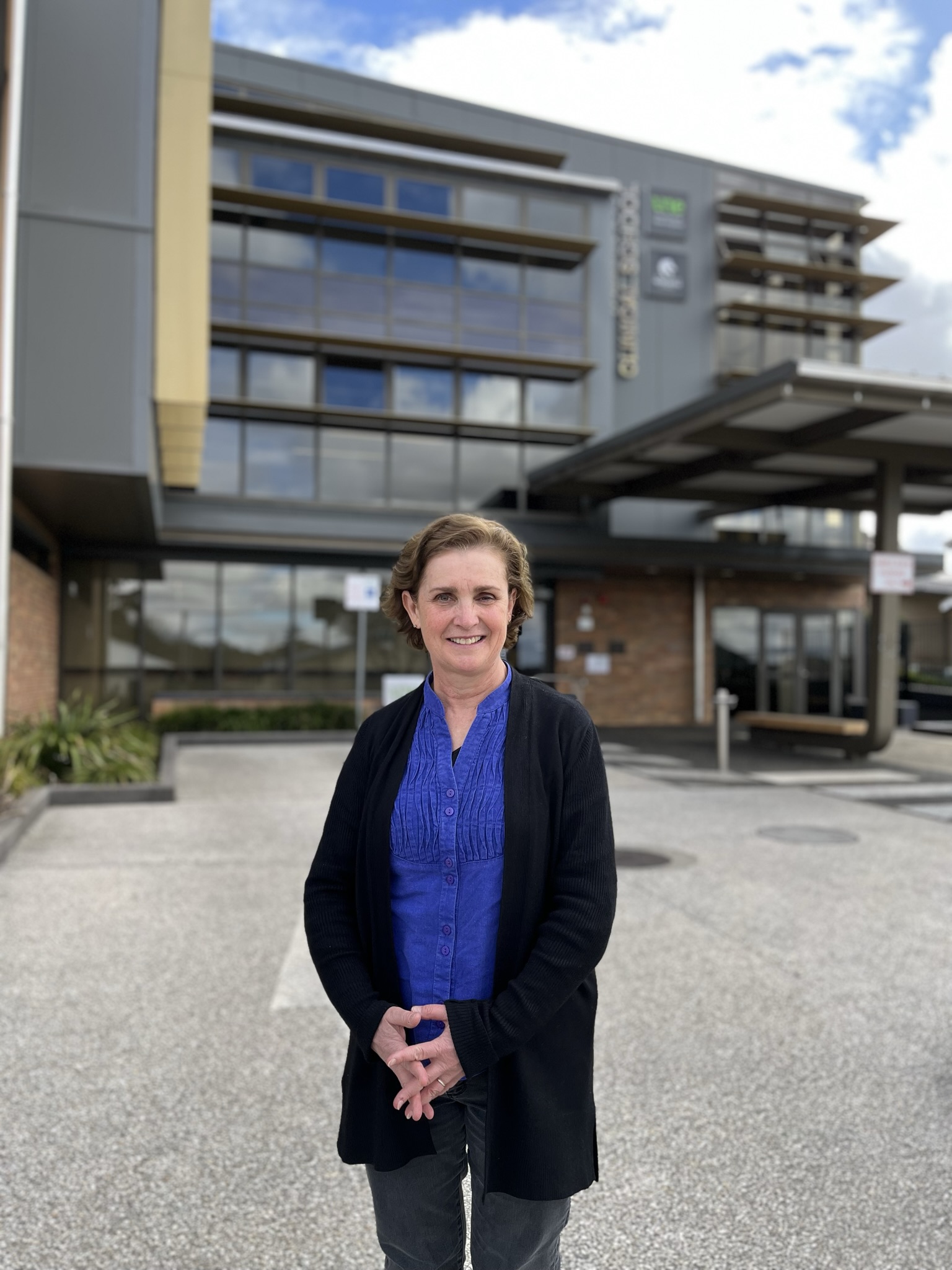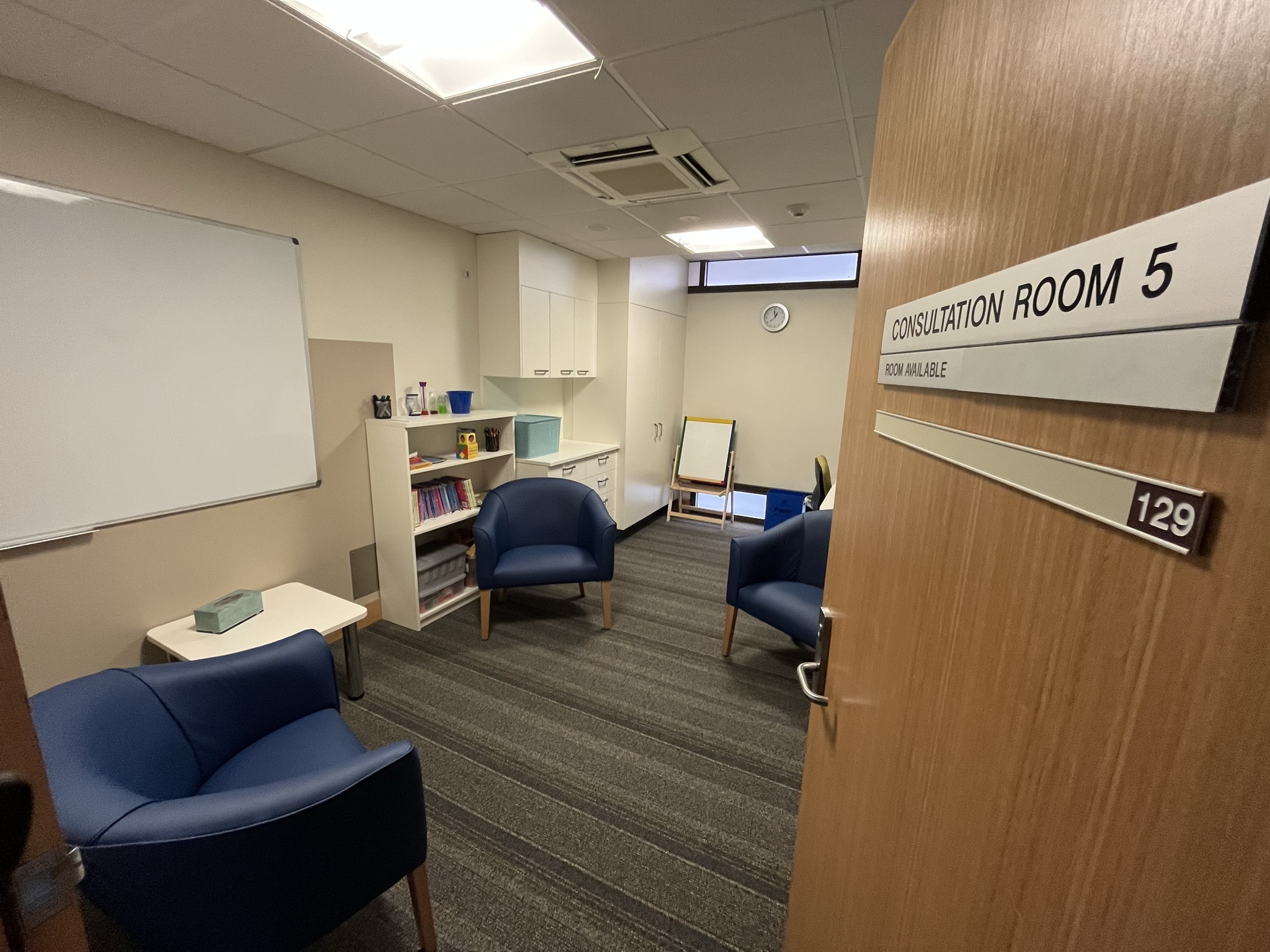Welcome to a special clinical placement series where we follow psychology student, Kylie Evans throughout her placement journey.
Kylie is studying a Master of Clinical Psychology and must undergo 20 weeks of clinical placement to complete her course.
In this series, we will follow Kylie's progress week by week through behind-the-scenes highlights. This page will be updated with each week's highlight so you can keep track of her placement experience.
The aim of this series is to provide a glimpse of what it's like to be on placement and offer guidance to students feeling anxious about their own upcoming placements.
Weekly highlights
Click the link in each section to access Kylie's placement experience for that week.
Case loads and psychometric testing - Kylie's fifth and seventh week. *Due to clinic and academic workloads, week 6 has been missed - placement is a busy time for students!
Introduction
To begin, we get to know more about Kylie, her background and study motivations in an introductory Q&A below.
Tell us a little about yourself?

I grew up in Griffith in south-western NSW, but have also lived in Tamworth for many years. My path to studying psychology has not been conventional as I am switching to psychology after many years as an engineer. While working as an engineer and raising my own children, I came into contact with many adolescents who were struggling with mental illness. This experience has motivated me to want to help in the mental health field and especially with adolescents. In particular, I want to help in rural and regional areas where people often have greater difficulties in finding and accessing resources when facing mental health challenges.
Curiously, it was at an engineering conference a few years ago that set the stage for my eventual transition to psychology. The keynote speaker at the conference had founded Camp Quality, which helps improve the quality of life of children and adolescents with cancer. The speaker said that Camp Quality had been founded because she saw a need for it and “If you see a need, you’re elected”. These words really resonated with me and when I subsequently witnessed the difficulties many adolescents were having with mental health, I knew I wanted to pursue psychology.
What is a Clinical Psychology Placement and why do you have to do it?
As part of the Master of Clinical Psychology course, we are required to complete three placements and I am about to commence my first. Placement will be an opportunity to step into client treatment in an environment which provides close supervision and guidance. Although we have received years of education in psychology, the practical application is an additional skill set. Placement will enable us to meet with clients and develop assessment and diagnosis skills, and also formulate and implement treatment plans.
How did you prepare for placement?
Throughout the first semester this year, we have been developing our counselling skills, learning how to conduct and analyse different psychometric assessments and refining our knowledge of mental disorders and evidence-based therapies. The organisational elements of this first placement was straightforward as the placement is at the UNE Psychology Clinic in Armidale. In order to commence the first placement, we needed to obtain approvals such as the Working with Children Check, National Police Certificate, and Provisional Registration with the Psychology Board of Australia
UNE Psychology Clinic reception desk.
Where is your placement? Do you get to choose where to go?
As mentioned above, the first placement is at the UNE Psychology Clinic in Armidale. There is some flexibility in locations for the subsequent two placements, but they will be dependent on facilities that are willing to take on and supervise us as provisional psychologists. I am hoping to complete all my placements in rural or regional NSW and achieve a broad experience base including a variety of different presentations, ages and types of facilities (e.g. private and hospital).
What excites you about placement?
I am really excited about a number of aspects of placement, but top of my list will be the possibility of providing assistance to my clients. As I have been working towards this goal for a while now, I am looking forward to now being in a position where I might make a positive impact in someone’s life.
I am also excited about the prospect of taking the theory we have learned and applying it in practice. Understanding the disorders, the clients and the different treatment models and melding this knowledge together to devise a solution for the client will be challenging and fascinating.
Finally, our first placement at the UNE Psychology Clinic has a component of psychometric testing and it will be great to consolidate our previous training in this field with real-world assessment, analysis and application.
UNE Psychology Clinic
What is the most challenging part about preparing for placement?
One of the big challenges for me in approaching my first placement is the uncomfortable uncertainty that comes from undertaking anything new for the first time. This feeling is exacerbated by the knowledge that I will be helping people with debilitating problems, which is a heavy responsibility, especially when just starting out. Furthermore, we have been advised that placement will be very intense, with a high workload and high expectations, and that this will be in addition to our current study requirements. This will be very challenging and, at this stage, is a little daunting.
Do you think there are any benefits of practicing health and medicine in country areas?
For me, the role of a psychologist is far more meaningful in country areas as resources for country people are more sparse than in metropolitan areas. Consequently, I will be providing a service where the clients may not otherwise be able to access a service and therefore holds the possibility of providing greater value to a community.
Psychological practice in country areas also means that there will be a need to treat a wider range of presentations and diversity of clients, which will necessitate constant learning, problem-solving and flexibility. While this ensures that the role will always be interesting and stimulating, it will, more importantly, allow me to help people more effectively through the development of a more comprehensive skill-set.
Are there any barriers to practicing and studying psychology in regional areas?
Although I am not yet practicing, I know that there will be substantial barriers to practicing psychology in a regional or rural area. The diversity of cases will stretch my ability and good judgement will be essential in recognising when additional assistance is required. Unlike city areas, the possibility of referring a client on to a more specialised professional may not be available and I will need to ensure that I deliver the best outcomes for my clients despite limited access to services. Consequently, I will need to constantly seek appropriate supervision and guidance from psychologists with expertise in different fields. I will need to continue my education and take up opportunities to engage with other psychologists to identify resources which may be available for my clients.
What is one piece of advice you might offer upcoming placement students?
I think that I would be more qualified to answer this question after I have completed the first placement. However, at this early stage, I would say that although we know that this first placement is going to be very demanding, we will be repaid many times over in the quality of experience that we will receive.
What do you do for fun?
Like most people, I love spending time with family and friends. I like swimming (especially at the beach), bushwalking and love skiing, although it’s been a while since I have been, mostly due to work/study commitments and the pandemic. I like history, literature, travel and will always have an interest in engineering. Being part of a community is important to me and brings a lot of meaning to my life, which is why living in country areas has always been right for me.

